The Story of Kambove Community
Kambove is a mining community with a population of 36,000 people. When the mines closed, the local economy was devastated and the infrastructure broken. With thousands of people unemployed, Kambove saw a massive increase in prostitution, further exacerbating the spread of HIV/AIDS in the region. The mines in Kambove also polluted the water for people living in the community, leaving just one clean water source for the entire community to access. Many people use contaminated water for washing, cooking and drinking. Recognising the severity of the situation, Hands at Work mobilised individuals from the local churches in Kambove to establish a Community Based Organisation of volunteer Care Workers, committed to caring for the poorest of the poor. In 2009, the Maisha (meaning ‘life’) Community Based Organisation was born, the only group in all of Kambove actively caring for children.
175 Children currently supported
14 Care Workers coordinated by Aimerance
Basic Services Started in 2010
30 kM from the Likasi Local Office
With the support of the local Hands at Work team in Likasi, the Care Workers identified 100 orphaned and vulnerable children who were desperately in need of care and invited them to the Life Centre. Here they are supported with a hot, nutritious meal daily, education and basic health care and have the freedom to play as children. In addition to providing these basic necessities, the Care Workers are committed to visiting the children and their families in their homes, ensuring that they are physically, spiritually and emotionally cared for.
In 2019, a new Life Centre was constructed and life is springing up amongst the most vulnerable in Kambove. In 2020, a new, secure toilet was completed, ensuring the health and hygiene of the most vulnerable. Always pressing in to reach the poorest of the poor, the Care Workers from Maisha Community Based Organisation have done a number of reassessments of the children to ensure that they are reaching those who are the most vulnerable. These reassessments have led to an increase of 100 to 175 children being cared for.
Meet Paulina
Paulina’s parents were living in Kambove when war broke out in 1992, forcing them to flee their home. Soon after leaving, her parents passed away, leaving Paulina and her younger brother alone with no one to care for them. Eventually, word passed to the children's grandmother back in their previous home of Kambove and she took in Paulina, but her brother sadly had passed away. Thankfully, Paulina has been coming to the Kambove Care Point for the past 10 years and the Care Workers are like mothers to her. Because of the love and kindness she has received from these women, Paulina is an example to others by leading worship, helping wash the little ones, leading youth, sharing God’s word and praying for others. Recently, Paulina was struggling with stomach pains and it was discovered that she had appendicitis. By God’s grace, she was able to receive the operation she desperately needed through help from the local Hands at Work team in Likasi. Care Worker Maman says, “I feel like a parent to her. Whenever Paulina is facing difficulties she feels free to come and share them.”
The local Hands at Work team in Likasi currently supports nine Community Based Organisations, which exist to care for the most vulnerable in their communities. The office provides training, networking, and encouragement to those Community Based Organisations like Maisha. It also gives administrative support, including helping with funding proposals, monitoring and evaluation, bookkeeping and reporting to donors.
BE INSPIRED BY UPDATES FROM KAmbove COMMUNITY
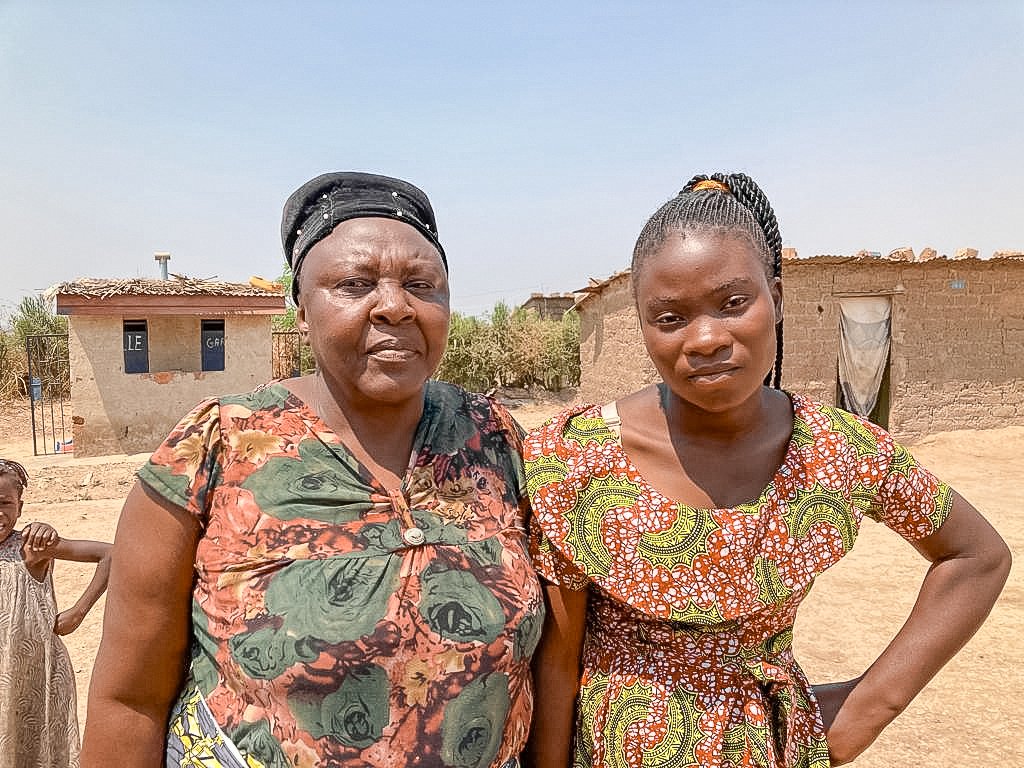

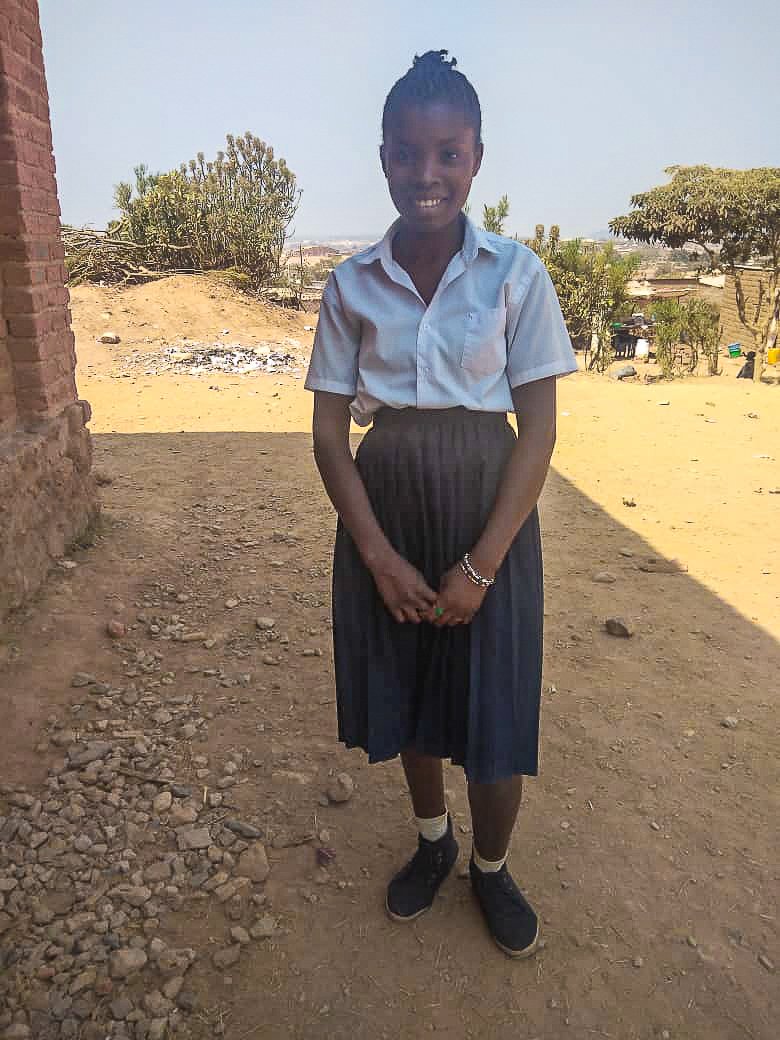
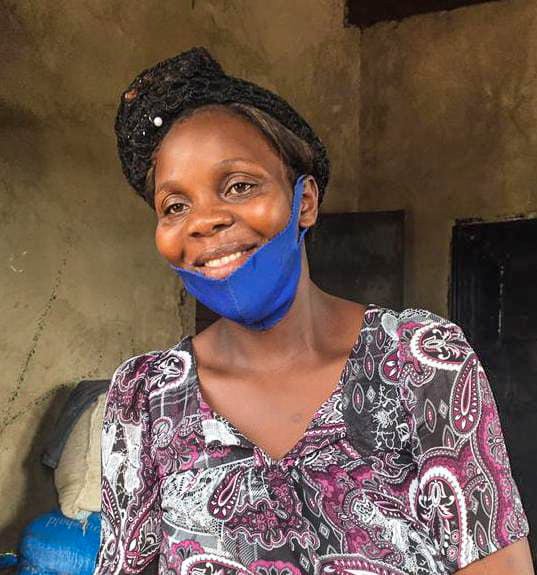
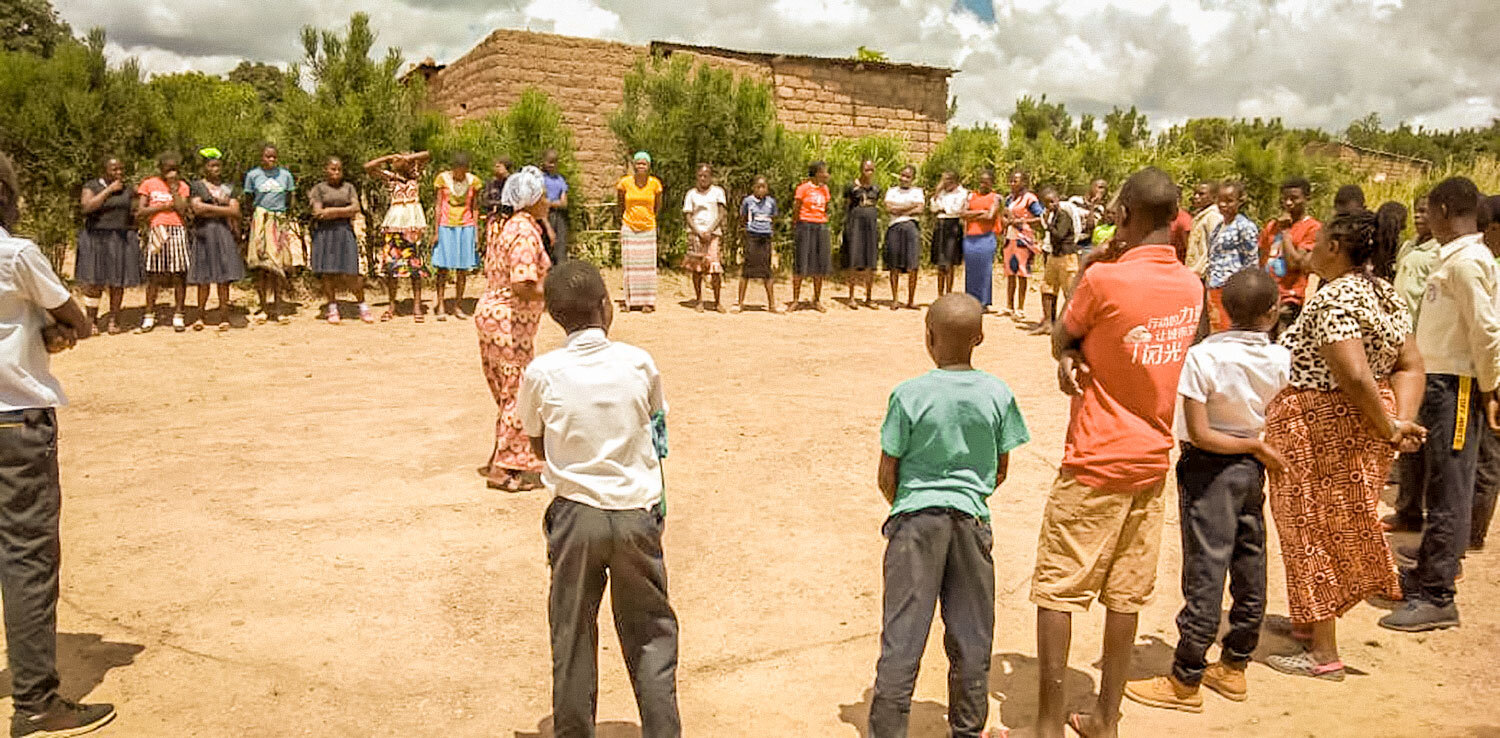
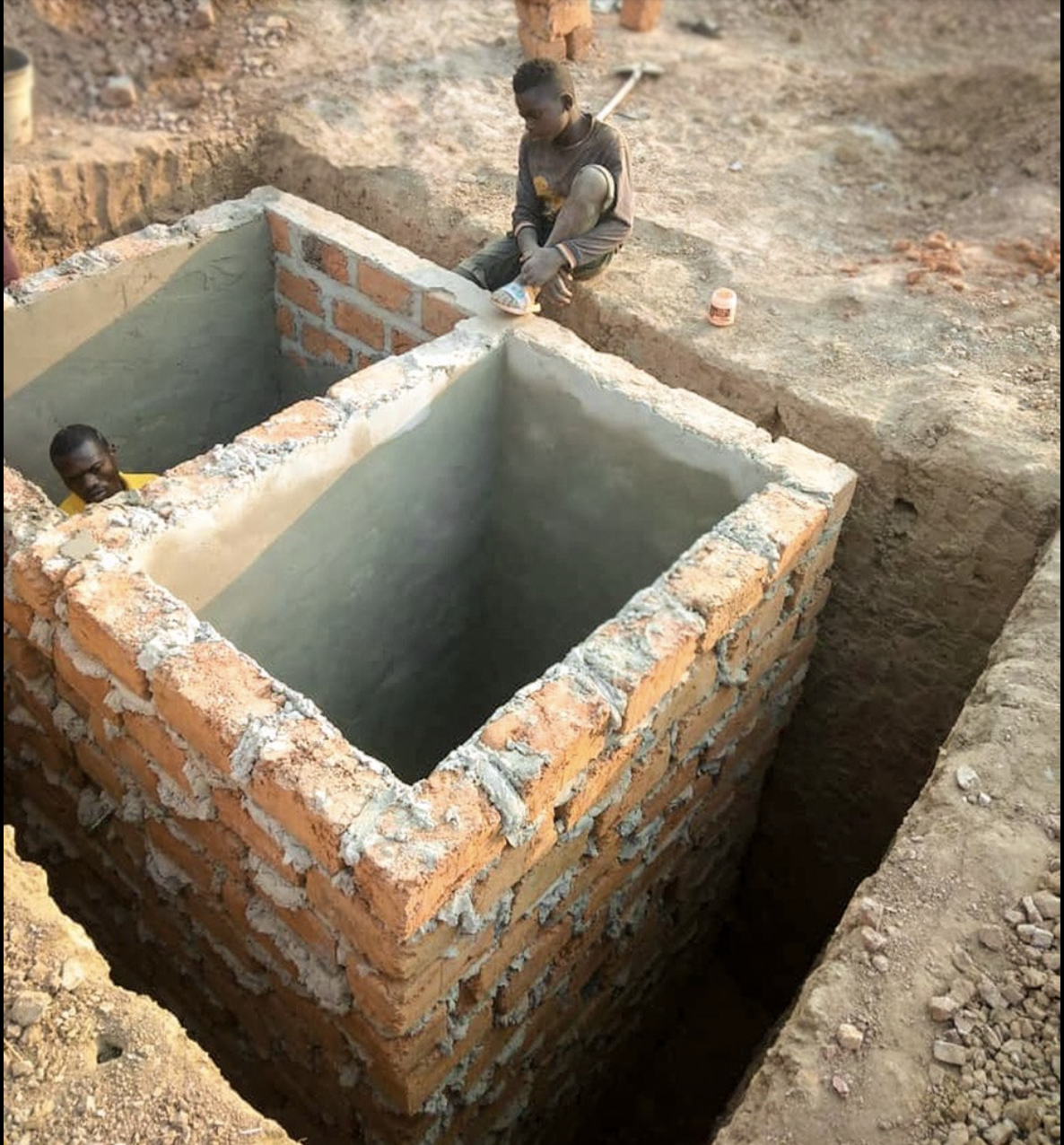
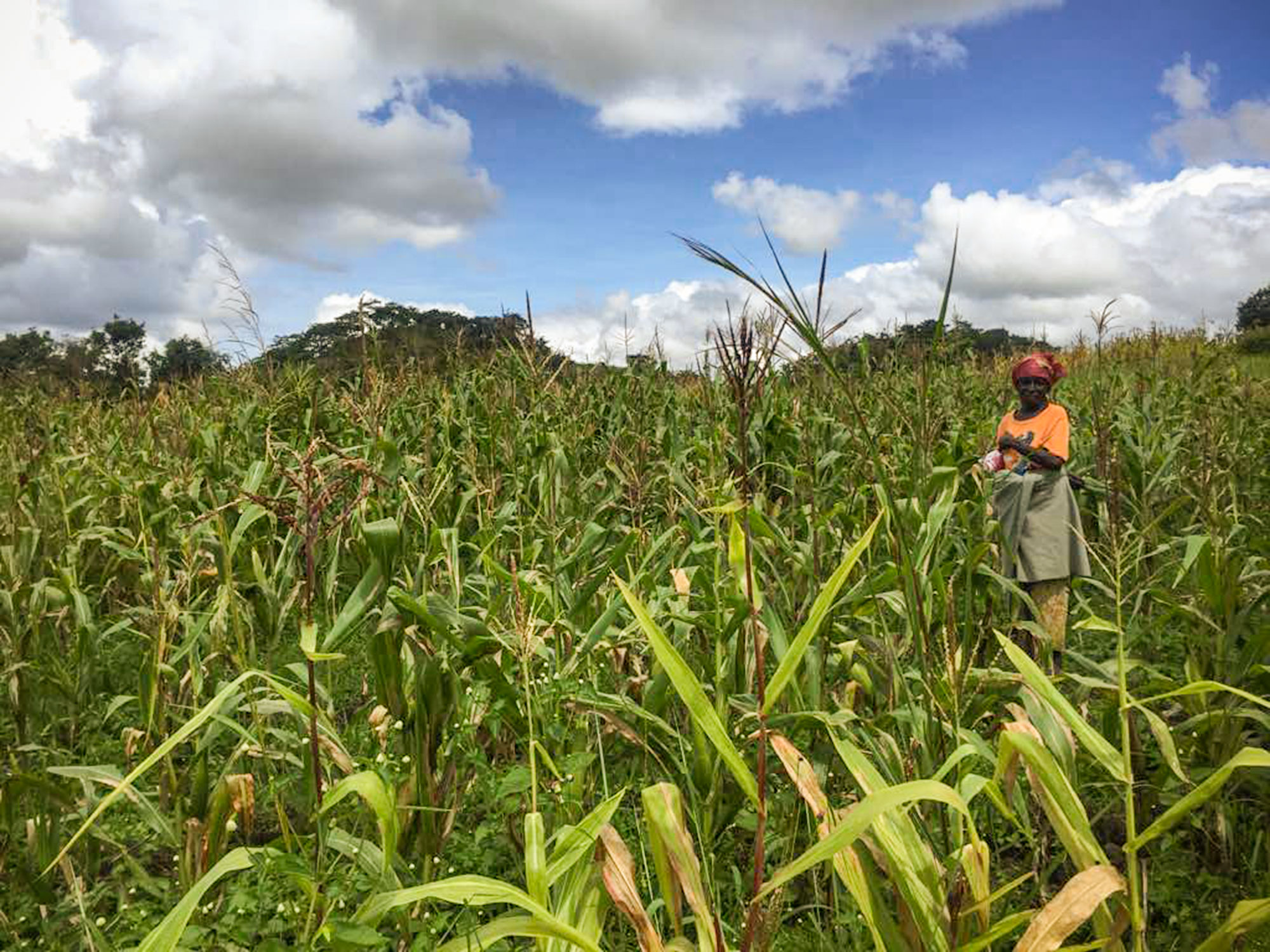
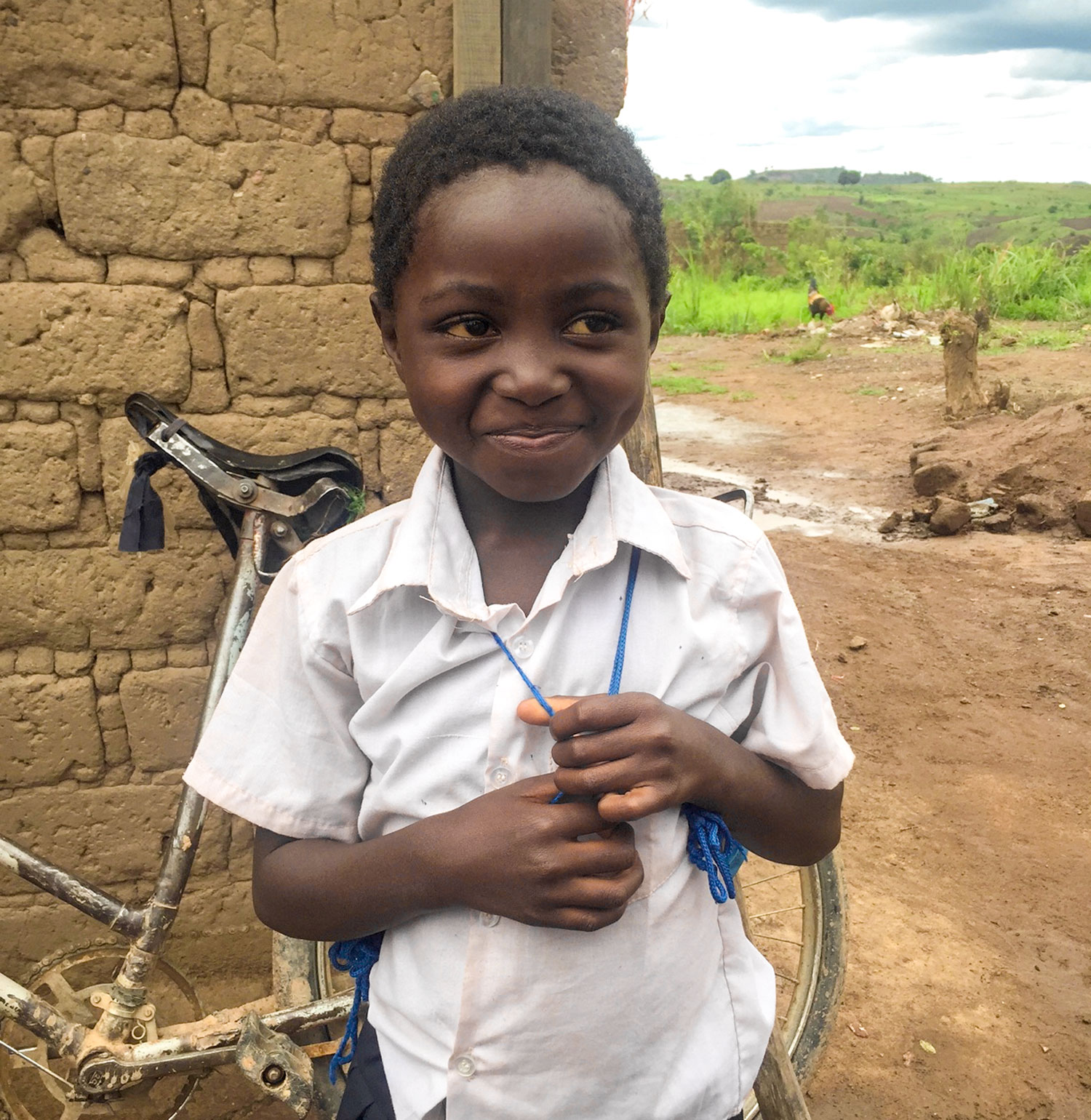






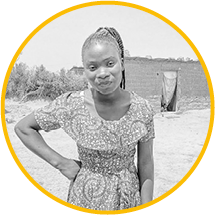

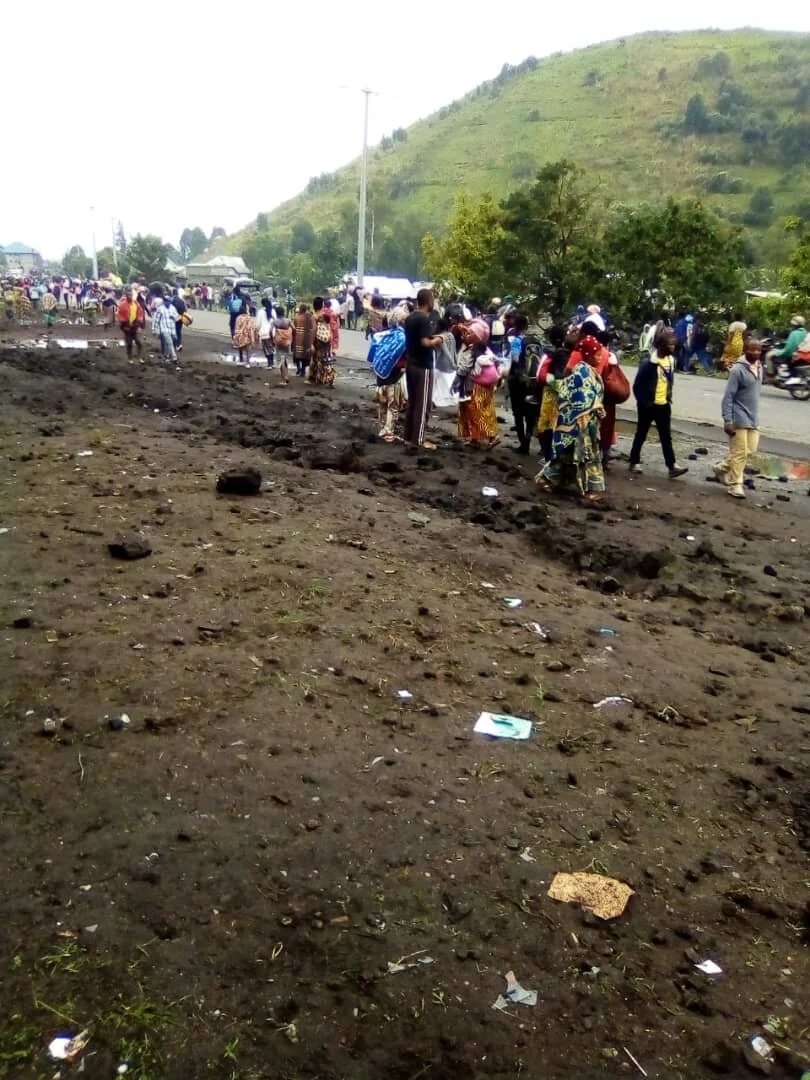







Praise’s grandmother Bertha began caring for him, but she was desperately poor and trying to survive. Praise was hungry - continually crying. People in the community said he would die and tried to put ritual charms around him but Bertha refused and knew God would provide. After her husband passed away many years ago, she said she learned to trust God throughout any hardship.